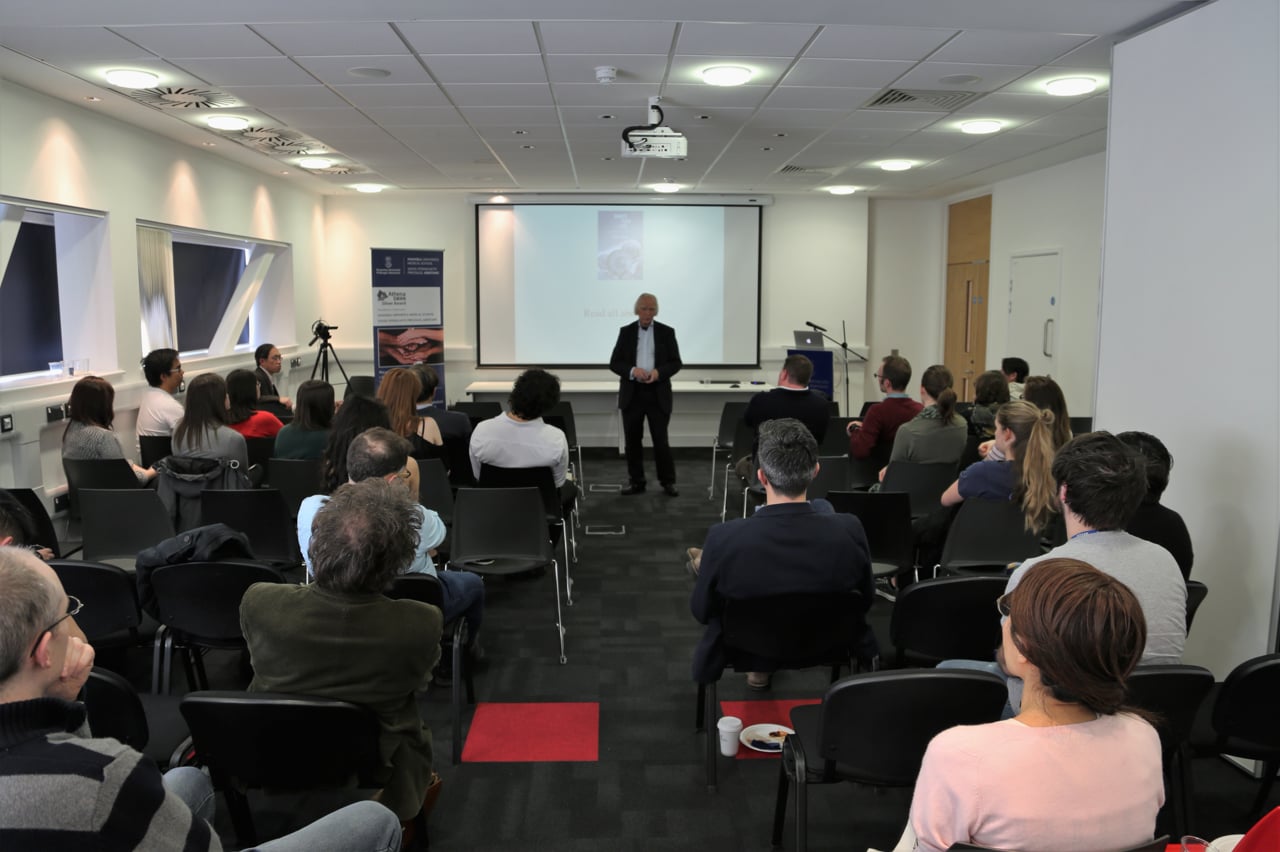As an anthropologist who looks at the broad sweep of history, Dr Tim Weiskel has been struck by the enduring legacy that European colonialism has left as a mark upon the world since 1492. The physical impact of colonialism is now being understood in a new light as we learn that European colonialism triggered the “marginalization” of the human species through its emphasis on long-distance maritime trading networks. This process is continuing today.
On all continents, in all cultures and all national traditions, humans are moving collectively from the centre of continents toward the margins of continents. This will prove to be increasingly problematic in an age when the sea level is rising.
A conceptual and intellectual legacy of European colonialism is the view of the world as a continuously expanding “frontier.” This metaphor distorted the reality of a finite planet. It spawned the powerful myth of perpetual growth and the illusion that humans could effectively conquer and control the global ecosystem and manage it for their own maximum benefit – a globalised economy was born.




One thought on “Infinite Growth on a Finite Planet Is Not Possible”
Comments are closed.